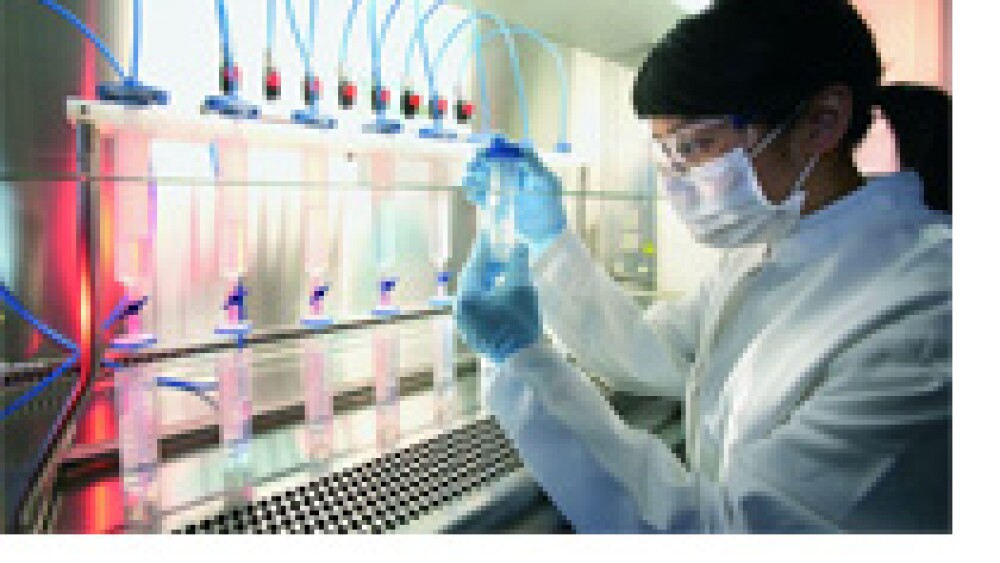January 20, 2015
By Riley McDermid, BioSpace.com Breaking News Sr. Editor
GlaxoSmithKline plc and Pfizer Inc. are coming under fire Tuesday, after international aid group Doctors Without Borders released a report saying the two are vastly overcharging for vaccines in the developing world, leaving millions of people at risk for contracting easily preventable diseases.
“A handful of big pharmaceutical companies are overcharging donors and developing countries for vaccines that already earn them billions of dollars in wealthy countries,” said Rohit Malpani, director of policy and analysis for Medecins Sans Frontieres’ (the nonprofit’s French name) Access Campaign.
MSF slammed the vaccine industry for its “secretive” practices and said it met with a distinct unwillingness to reveal prices.
As a result of the report, which found widespread opacity in pricing and very little competition, the charity is pressing Glaxo and Pfizer to slash the cost of its pneumococcal vaccine to $5 per child. That vaccine protects a child against pneumonia, meningitis and some types of ear and sinus infections.
MSF‘s report found that pneumococcal comprise about 45 percent of the cost of fully vaccinating a child against 12 diseases. It said Pfizer and Glaxo have raked in $19 billion in global sales for pneumococcal vaccines alone since their launches, an enormous figure when compared to how other countries, such as India, have been able to force massive discounts for the neediest patient populations.
That criticism likely would have been wider spread, except that only four out of the nine companies contacted by MSF actually gave the organization their pricing structures: Biological E, Bio Farma, Panacea and India. The rest only shared their pricing aims and “vision,” including Glaxo, Pfizer, .Merck & Co. and Johnson & Johnson ’s. French behemoth Sanofi Pasteur didn’t bother to reply by MSF’s deadline.
Pfizer is protesting in response to the report that its pneumococcal vaccine, Prevenar 13, is “one of the most complex biologic products ever developed and manufactured,” which justifies its high price tag. Pfizer said it takes over two years to create just one batch of Prevenar 13, involving “500 quality control tests, hundreds of professionals and multiple facilities,” reported Bloomberg.
Glaxo, too, hit back against calls to lower its prices, saying in a statement that it had already discounted its pneumococcal shot, Synflorix, as low as it could go.
“Many of our available vaccines are advanced and complex and require significant upfront capital investment to make and supply,” it said, saying that if they were pushed to lower the price of pneumococcal vaccines, Glaxo might not be able to continue to supply them.
The report was likely timed to be released just a meeting of Geneva-based GAVI Alliance, the largest funder of vaccines sent to developing countries, which is supported both by international governments and large public health charities such as the Bill and Melinda Gates Foundation. At the conference in Berlin next week, organizers have said they plan to press donors for around $7.5 billion to help vaccine children globally in 2016 and 2020.
“Governments need to put pressure on (drug) companies to offer better prices to GAVI,” said Kate Elder, an MSF policy adviser, in a statement.
BioSpace Temperature Poll
What Are Your Predictions for the Price Bidding War? The market has been buzzing about an escalating price war between large payers like Express Scripts and Big Pharma. Multiple deals last week showed Gilead forming exclusive pacts and smaller companies like Kite Pharma starting talks early. What do you think will be the effect on prices? BioSpace wants your opinion!





